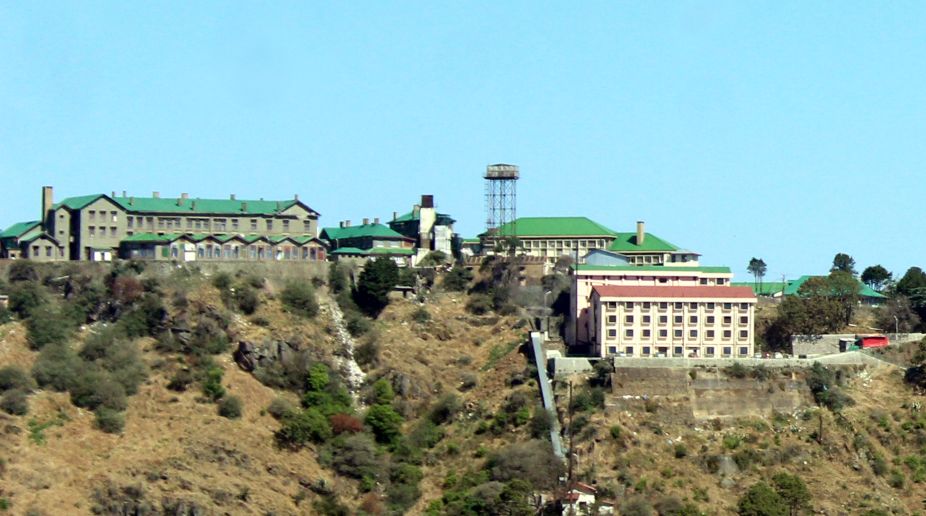Vijayan’s free ‘food kit’ runs into road block
"Yes, there are some issues with regard to the financial implication towards this, but no decision of stopping it has been taken," said food and civil supplies minister GR Anil

CRI Kasauli
The ambitious plan of premier Central Research Institute (CRI), Kasauli in Solan district of Himachal Pradesh to jack up production of life saving anti-sera and meet their shortfall in the country has hit roadblock.
After shuttling between different offices in the state over last one and a half year, the CRI’s proposal to set up a stable for 1200 horses by acquiring 128 bighas of government land near Kasauli is back to square one for procedural complexities.
Anti-sera are biological products used in the treatment of venomous bites or stings. They are produced after hyper immunisation of horses.
Advertisement
“There was some confusion over land category and we were told that it is a revenue land. The forest department has now given us a check list to furnish 25-30 documents, saying that the case will have to processed under Forest Conservation Act (FCA) for clearance by Centre. It’s going to take more time,” said CRI, Director, Dr Ajay Kumar Tahlan.
“There are trees on the land, so the FCA clearance is must,” said a forest official concerned at Kunihar.
The 112-year-old CRI is the only institute in the public sector, which is manufacturing anti-sera, including anti-snake venom and anti-rabies (immunoglobulins), although in small quantity. The Institute supplies ant-sera to government hospitals and defence sector.
“We just have 150 horses for anti-sera production. We want to expand as it is in much demand in the country,” said the Director.
The life-saving anti-sera, especially the anti-snake venom and the rabies immunoglobulins, are generally in acute shortage in government hospitals. Those manufactured by the private companies too have scant availability in the market and they are unaffordable too for high prices.
Sources in the CRI said the institute is contemplating to increase its manufacturing capacity for anti-sera by ten times, which would increase their availability in government run hospitals and in a way control the market prices too.
Sources said the CRI earlier used to manufacture DPT (Diphtheria, Tetanus and Pertussis) in a major way, meeting 70 per cent demand of the country. DPT was in the national immunisation schedule.
However, after the Government of India (GoI) launched Pentavalent (a combination of vaccines) and many states adopted it, the CRI failed to find buyers for DPT vaccine. It has since scaled down DPT production and is trying to shift focus.
The CRI, sources said, is not equipped to manufacture Pentavalent vaccine as of late as it requires two more antigens with DPT, which the CRI will have to buy in bulk from outside. The CRI’s proposals for manufacture of Yellow Fever vaccine and Japanese Encephalitis vaccine are also pending with the Centre.
Advertisement